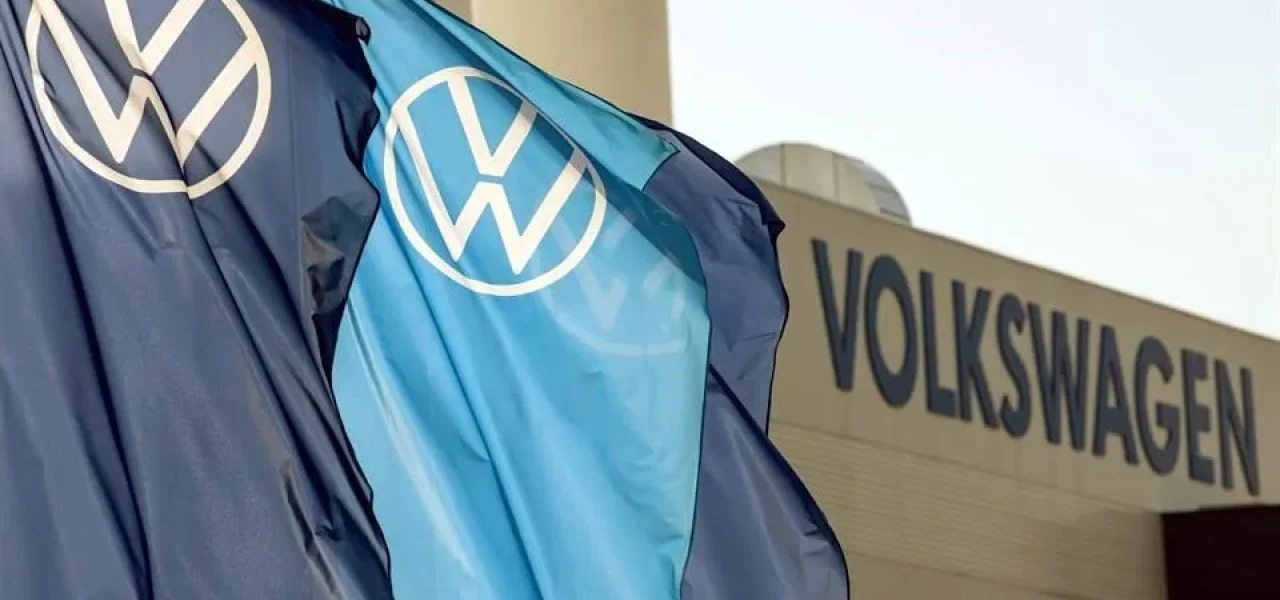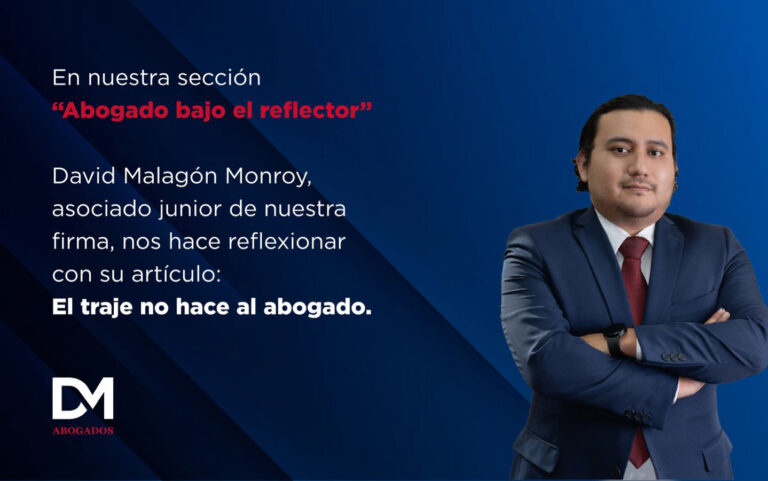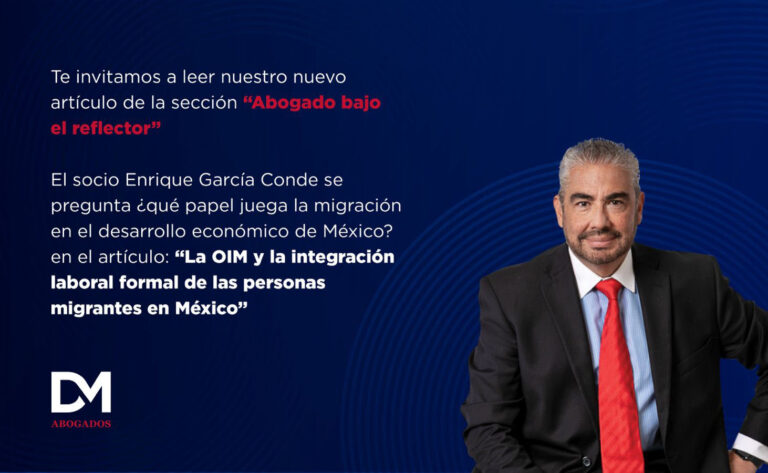The Rapid Response Labor Mechanism of the Treaty between Mexico, the United States and Canada (USMCA) is an instrument that is abused and, therefore, it is necessary to regulate its application, said Óscar de la Vega, legal representative of Volkswagen de México.
The lawyer said that the defendant companies do not know what groups are accusing them and there is no opportunity for defense.
“In the review of the USMCA in 2026, it is necessary to regulate the Rapid Response Labor Mechanism, in the sense that the companies involved are in a total and absolute state of defenselessness. As it is not regulated, they do not know who is accusing them, who triggers the Mechanism, they can be anonymous, they are confidential from the side of the United States government, who does not tell you who is triggering them”, De la Vega mentioned after the Governments of Mexico and of the United States announced that a resolution had been reached in the complaint against the assembler.
“One cannot see the evidence that is being offered, you cannot object to it, you cannot question the witnesses and the people who participate in the investigations conducted by the United States Government, and you can be penalized without having been heard, which is the guarantee of due process”, he maintained when interviewed.
VW was the subject of a denouncement through the Rapid Response Labor Mechanism by the Network of Women Unionists, which accused the company of having dismissed a group of workers because of their union activity.
After an investigation, the United States Government accepted the labor complaint, considering that violations to the rights of association and collective bargaining were incurred.
“The Network of Women Unionists said that there was a pattern of dismissing all union leaders, but there is no such pattern, it does not exist, and the Mexican Government investigated it and resolved that this pattern did not exist”, De la Vega explained.
Nevertheless, in order to close the complaint, the company committed to carrying out a series of measures, such as reinstating eight of the workers, granting them retroactive salaries and full benefits, in addition to publishing, disseminating and implementing their statement of neutrality and the company’s directives on freedom of association and collective bargaining.
De la Vega emphasized that regulations are required for the Mechanism to work better.
“In these processes you feel like in the processes of the Holy Inquisition: you do not know why you are accused or who is accusing you. This process (against Volkswagen) was resolved properly and there was no denial of freedom of association”, he stated.




